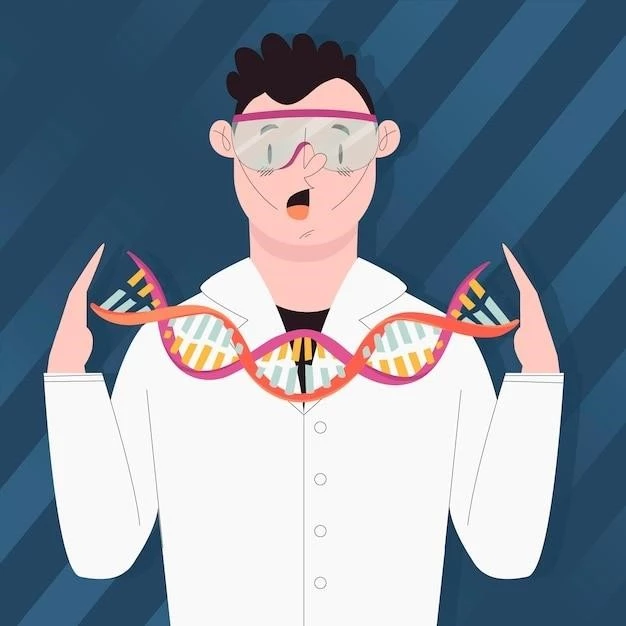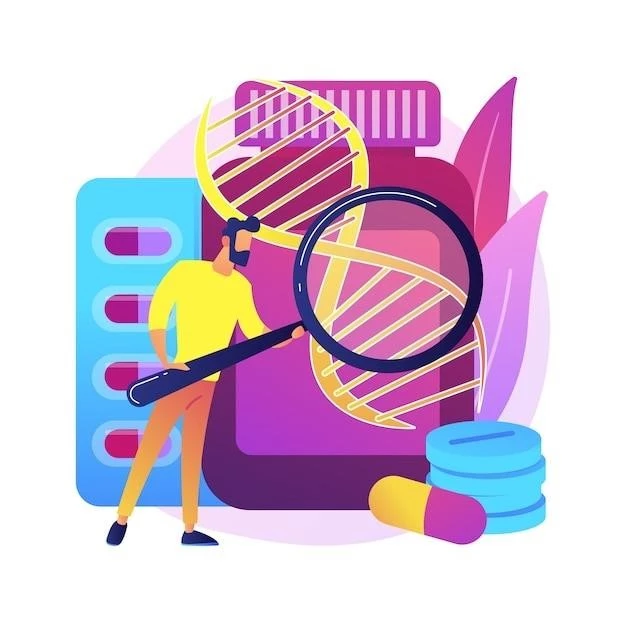Causes of Monosomy 8p2
Monosomy 8p2, a rare chromosomal disorder, is typically caused by the deletion of a portion of the short arm of chromosome 8. This deletion can occur spontaneously or be inherited from a parent with a balanced translocation involving chromosome 8.
Environmental factors do not play a significant role in the development of this condition; it is mostly a result of genetic changes. Genetic testing is crucial to identify the specific genetic alteration causing Monosomy 8p2.
If you suspect a chromosomal abnormality or have a family history of genetic disorders, consulting a genetic counselor can provide valuable information and support in understanding the causes and implications of Monosomy 8p2.
Remember, understanding the genetic basis of Monosomy 8p2 is essential for making informed decisions about treatment options and managing the condition effectively.
Symptoms of Chromosome 8 Disorders
Chromosome 8 disorders, including Monosomy 8p2, can manifest a range of symptoms that vary in severity. Common symptoms may include developmental delays, intellectual disabilities, growth abnormalities, and distinctive facial features.
Individuals with chromosome 8 disorders may also experience cardiac issues, kidney problems, hearing loss, and vision impairment. Behavioral challenges such as autism spectrum disorder, attention deficit hyperactivity disorder (ADHD), and speech delays can also be present.
It is essential to consult with a healthcare provider if you notice any unusual symptoms in yourself or your child. Early detection and intervention can help manage the symptoms effectively and improve the quality of life for individuals with chromosome 8 disorders.
Remember, each person with a chromosome 8 disorder may experience symptoms differently٫ so personalized care and support are crucial for addressing their specific needs and promoting overall well-being.
Treatment Options for Monosomy 8p2
When it comes to Monosomy 8p2, treatment options are primarily focused on managing the symptoms and providing supportive care tailored to the individual’s needs. Early intervention programs that include speech therapy, occupational therapy, and special education services can help address developmental delays and learning challenges.
Medical management may involve regular monitoring by a healthcare team to address any associated health issues such as cardiac abnormalities or kidney problems. Genetic counseling plays a crucial role in understanding the condition and its implications, allowing for informed decisions about treatment approaches.
Supportive therapies like behavioral interventions, social skills training, and counseling can assist individuals with Monosomy 8p2 in navigating social and emotional difficulties. Maintaining a healthy lifestyle with proper nutrition, exercise, and regular medical check-ups is also important for overall well-being.
Remember, a multidisciplinary approach involving healthcare professionals, therapists, educators, and support groups can provide comprehensive care and support for individuals with Monosomy 8p2, enhancing their quality of life and maximizing their potential.
Genetic Counseling for Chromosome 8 Abnormalities
Genetic counseling is a valuable resource for individuals and families affected by chromosome 8 abnormalities, such as Monosomy 8p2. A genetic counselor can provide information about the genetic basis of the condition, inheritance patterns, and the risk of recurrence in future pregnancies.
During genetic counseling sessions, families can discuss the emotional and practical implications of a chromosome 8 disorder, explore available testing options, and make informed decisions about their healthcare journey. Genetic counselors can also offer guidance on accessing support services and connecting with relevant patient advocacy groups.
For individuals with chromosome 8 abnormalities, genetic counseling can help them understand their condition, cope with any associated challenges, and make empowered choices about their medical care. It can also facilitate communication between patients, caregivers, and healthcare providers to ensure comprehensive and personalized support.
Remember, genetic counseling is a collaborative process that empowers individuals and families to navigate the complexities of chromosome 8 abnormalities with knowledge, empathy, and personalized care.
Research Advances in Monosomy 8p2
Research into Monosomy 8p2 and other chromosome 8 abnormalities is continuously advancing, leading to a better understanding of the genetic mechanisms involved and potential treatment approaches. Recent studies have identified specific genes on chromosome 8 that play a role in the manifestation of symptoms associated with these disorders.
Advancements in genetic technologies, such as next-generation sequencing and gene editing techniques, hold promise for targeted interventions and personalized therapies for individuals with Monosomy 8p2. Collaborative research efforts worldwide are focused on unraveling the complexities of chromosome 8 deletions and developing innovative strategies to address the clinical challenges posed by these conditions.
Participation in research studies and clinical trials can provide individuals with chromosome 8 disorders the opportunity to contribute to scientific knowledge and access cutting-edge treatments under expert supervision. By staying informed about the latest research findings and breakthroughs in the field, individuals and families can actively engage in their healthcare decisions and advocate for improved resources and support.
Remember, research advances in Monosomy 8p2 offer hope for enhanced therapeutic options and better outcomes for individuals affected by chromosome 8 abnormalities. By staying connected to the latest developments, you can empower yourself with knowledge and potentially benefit from emerging treatment strategies.
Effects of Chromosome 8 Deletions
Chromosome 8 deletions, such as those seen in Monosomy 8p2, can have diverse effects on an individual’s health and development. The specific symptoms and impact of these deletions may vary depending on the size and location of the deleted genetic material.
Common effects of chromosome 8 deletions include developmental delays, intellectual disabilities, growth issues, and characteristic facial features. Individuals may also experience challenges in motor skills, language development, and social interactions.
Moreover, chromosome 8 deletions can be associated with a higher risk of certain health complications, such as heart defects, kidney abnormalities, hearing loss, and vision problems. Understanding the potential effects of these deletions is crucial for early detection, intervention, and management of associated medical conditions.
It is important for individuals with chromosome 8 deletions, their families, and healthcare providers to monitor health closely, address emerging symptoms promptly, and access appropriate support services to promote overall well-being and quality of life.
Remember, by being aware of the effects of chromosome 8 deletions and proactively addressing any challenges that arise٫ individuals can optimize their care and navigate the complexities of living with a chromosome 8 abnormality with resilience and informed decision-making.
Diagnosis of Monosomy 8p2
Diagnosing Monosomy 8p2 involves a comprehensive evaluation that may include genetic testing٫ physical examinations٫ and symptom assessments. Chromosome analysis٫ fluorescence in situ hybridization (FISH)٫ or chromosomal microarray analysis can help identify chromosomal abnormalities٫ including deletions on chromosome 8.
Clinical features associated with Monosomy 8p2٫ such as developmental delays٫ intellectual disabilities٫ and distinctive facial characteristics٫ may prompt further genetic investigation. Healthcare providers with expertise in genetic disorders can interpret test results and provide a confirmed diagnosis.
It is essential for individuals suspected of having Monosomy 8p2 to consult with genetic specialists who can guide them through the diagnostic process, explain the implications of the findings, and offer emotional support. Early and accurate diagnosis is crucial for initiating appropriate interventions and support services.
Remember, a timely and precise diagnosis of Monosomy 8p2 can enable individuals, families, and healthcare teams to create individualized care plans, access relevant resources, and make informed decisions concerning treatment options and long-term management of the condition.

Prognosis for Individuals with Chromosome 8 Disorders
When considering the prognosis for individuals with chromosome 8 disorders, including conditions like Monosomy 8p2, it is essential to recognize that outcomes can vary significantly based on the specific genetic alterations, associated symptoms, and access to supportive care.
Early diagnosis and intervention play a crucial role in improving the prognosis for individuals with chromosome 8 disorders. With timely access to appropriate therapies, such as speech and occupational therapy, educational support, and medical management, individuals can achieve better developmental outcomes and quality of life.
Genetic counseling can also help families understand the prognosis of a chromosome 8 disorder, navigate available treatment options, and access specialized services tailored to their unique needs. By fostering an open dialogue with healthcare providers and support networks, individuals can enhance their prognosis and well-being.
While some challenges associated with chromosome 8 disorders may persist throughout life, advancements in research and medical care offer hope for improved prognoses and enhanced treatment strategies. It is important for individuals and families to remain actively engaged in their healthcare journey and advocate for comprehensive care.
Remember, with early detection, personalized interventions, and ongoing support, individuals with chromosome 8 disorders can lead fulfilling lives and overcome obstacles with resilience and determination.
